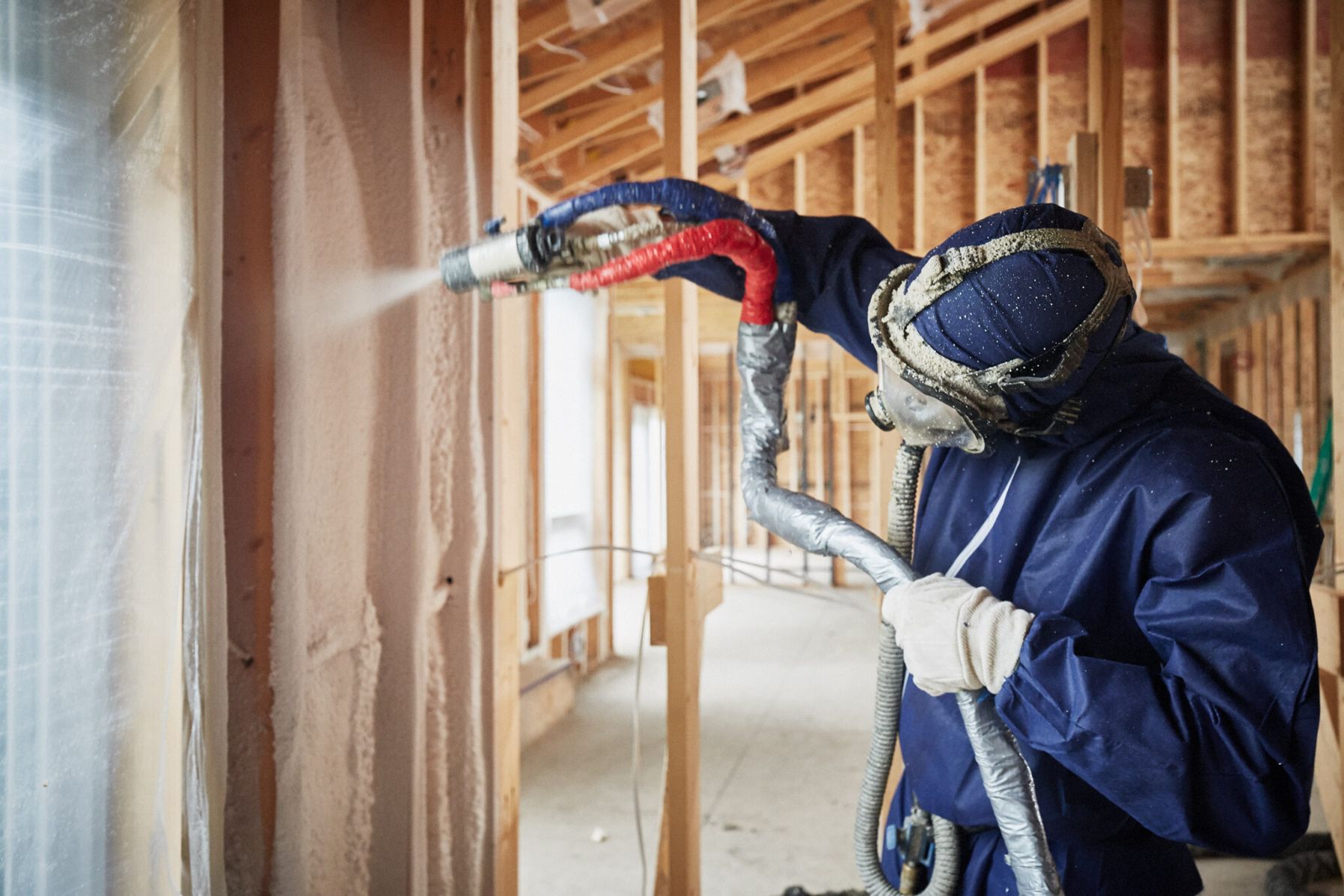

Articles
What Is The Best Spray Foam Insulation
Modified: October 18, 2024
Read our informative articles about the best spray foam insulation and learn more about its benefits, installation process, and cost effectiveness.
(Many of the links in this article redirect to a specific reviewed product. Your purchase of these products through affiliate links helps to generate commission for Storables.com, at no extra cost. Learn more)
Introduction
Spray foam insulation has gained popularity in recent years as an effective and efficient way to insulate homes and buildings. It provides superior insulating properties compared to traditional insulation materials, such as fiberglass or cellulose. This type of insulation is applied as a liquid and expands to form a solid foam that fills gaps and seals off areas from air and moisture infiltration.
In this article, we will explore the benefits of spray foam insulation, the different types available, the factors to consider when choosing the right type for your needs, the best brands on the market, the installation process, and the common misconceptions surrounding spray foam insulation.
By the end of this article, you will have a comprehensive understanding of spray foam insulation and be able to make an informed decision when it comes to insulating your home or building.
Key Takeaways:
- Spray foam insulation offers superior energy efficiency, durability, and environmental benefits. Understanding the differences between open-cell and closed-cell types is crucial for making an informed decision when insulating homes and buildings.
- Choosing reputable brands like Dow, Lapolla, BASF, Gaco, and Icynene, and consulting with professional insulation contractors are essential for optimal spray foam insulation performance. Debunking common misconceptions ensures a safe and beneficial insulation investment.
Read more: How To Spray Foam Insulation In Attic
Benefits of Spray Foam Insulation
Spray foam insulation offers numerous benefits that make it a preferred choice for homeowners and building owners alike. These benefits include:
- Superior Insulation: Spray foam insulation has a high R-value, which measures its thermal resistance. It provides excellent insulation by creating an airtight seal, preventing heat loss or gain, resulting in energy savings.
- Energy Efficiency: By reducing air leakage and thermal bridging, spray foam insulation helps maintain a consistent temperature within the building. This reduces the workload of HVAC systems, leading to lower energy consumption and reduced utility bills.
- Air and Moisture Barrier: Spray foam insulation acts as an effective air and moisture barrier. It fills up gaps, cracks, and crevices, preventing air movement and moisture intrusion, which can lead to mold growth and structural damage.
- Noise Reduction: The dense nature of spray foam insulation helps to reduce airborne sound transmission, making the indoor environment quieter and more comfortable.
- Durability: Spray foam insulation is long-lasting and has a lifespan of 30 years or more when properly installed and maintained. It does not settle or sag over time, maintaining its insulating properties for years to come.
- Improved Indoor Air Quality: The air-sealing qualities of spray foam insulation eliminate drafts and the infiltration of outdoor pollutants such as dust, pollen, and allergens, improving the indoor air quality.
- Environmentally Friendly: Many spray foam insulation products are made with renewable resources and have low VOC (Volatile Organic Compound) emissions, minimizing their impact on the environment.
Overall, the benefits of spray foam insulation make it an excellent choice for enhancing energy efficiency, comfort, and indoor air quality in homes and buildings.
Types of Spray Foam Insulation
There are two main types of spray foam insulation: open-cell and closed-cell. Each type has its own unique characteristics and advantages.
- Open-Cell Spray Foam Insulation: Open-cell spray foam insulation is characterized by its spongy texture and lower density. It is primarily composed of air-filled cells that are not completely sealed. This type of insulation is less expensive and allows for more flexibility and breathability. It is an excellent choice for interior applications such as walls, attics, and crawl spaces. Open-cell spray foam insulation provides good soundproofing capabilities and is effective in reducing airborne noise transmission.
- Closed-Cell Spray Foam Insulation: Closed-cell spray foam insulation is denser and more rigid compared to open-cell foam. It consists of closed, compact cells that are tightly sealed. The closed-cell structure provides superior insulation, higher R-values, and added structural support. It offers greater resistance to moisture, making it suitable for areas prone to flooding or high humidity levels. Closed-cell spray foam insulation is commonly used in exterior applications, such as roofs, basement walls, and foundations. It also acts as a vapor barrier, preventing moisture from penetrating the insulation layer.
Both types of spray foam insulation offer excellent thermal insulation properties and air-sealing capabilities, but the choice between open-cell and closed-cell primarily depends on the specific requirements of the project, budget, and environmental factors.
It is recommended to consult with a professional insulation contractor to determine the most suitable type of spray foam insulation for your needs.
Open-Cell vs. Closed-Cell Spray Foam Insulation
When considering spray foam insulation, it’s important to understand the differences between open-cell and closed-cell insulation to make an informed decision. Here are some key points to consider:
1. Structure and Density:
- Open-cell spray foam has a less dense structure, with air-filled cells that are interconnected.
- Closed-cell spray foam has a more rigid and compact structure, with tightly sealed cells.
2. Insulation Performance:
- Open-cell spray foam has a lower R-value compared to closed-cell spray foam. Its typical R-value ranges from 3.5 to 3.8 per inch of thickness.
- Closed-cell spray foam has a higher R-value, ranging from 6 to 7 per inch of thickness. It provides better insulation and thermal resistance.
3. Moisture and Vapor Barrier:
- Open-cell spray foam is breathable and allows moisture to pass through it. Although it provides some resistance to moisture, it is not considered a vapor barrier.
- Closed-cell spray foam acts as an effective vapor barrier, preventing moisture infiltration. It is highly resistant to water and is commonly used in areas prone to moisture or high humidity levels.
4. Soundproofing:
- Open-cell spray foam insulation has better sound-absorbing properties. It helps reduce airborne noise transmission, making it suitable for soundproofing applications.
- Closed-cell spray foam insulation also offers some soundproofing capabilities, but to a lesser extent compared to open-cell spray foam.
5. Cost:
- Open-cell spray foam is generally less expensive than closed-cell spray foam, making it a more budget-friendly option.
- Closed-cell spray foam is more expensive due to its higher density and superior insulation performance.
The choice between open-cell and closed-cell spray foam insulation depends on factors such as the desired insulation performance, moisture resistance, budget, and specific project needs. It is best to consult with a professional insulation contractor who can assess your requirements and recommend the most suitable option for your project.
Factors to Consider When Choosing Spray Foam Insulation
Choosing the right spray foam insulation for your project requires careful consideration of several factors. Here are some key factors to keep in mind:
1. Insulation Needs:
Determine the specific insulation needs of your project. Consider factors such as the climate, desired energy efficiency, and the areas of your home or building that require insulation. This will help you determine the appropriate R-value and insulation type.
2. Budget:
Establish a budget for your insulation project. Open-cell spray foam insulation is generally less expensive than closed-cell insulation. However, closed-cell insulation offers higher R-values and greater moisture resistance, which may be worth the additional cost depending on your needs.
3. Moisture Resistance:
If your project is in an area prone to moisture or high humidity levels, consider using closed-cell spray foam insulation. It acts as an effective vapor barrier, preventing moisture infiltration and potential damage to your structure.
4. Structural Requirements:
Consider the structural requirements of your project. Closed-cell spray foam insulation provides added strength and rigidity, making it suitable for applications that require structural support.
5. Environmental Impact:
Some spray foam insulation products are made with renewable resources and have lower Volatile Organic Compound (VOC) emissions, making them more environmentally friendly. Consider choosing insulation products that align with your sustainability goals.
6. Professional Installation:
Spray foam insulation must be installed properly to achieve its maximum effectiveness. It is recommended to hire a professional insulation contractor who has experience with spray foam installation. They can ensure the insulation is applied correctly, avoiding any issues such as improper mixing, gaps, or inadequate coverage.
7. Code Compliance:
Check local building codes and regulations to ensure compliance with the specific requirements for insulation in your area. Your chosen insulation contractor should be familiar with these codes and can guide you accordingly.
By considering these factors, you can make an informed decision when choosing the right spray foam insulation for your project. Consulting with a professional insulation contractor will also provide valuable insight and expert recommendations based on your unique needs and circumstances.
When choosing the best spray foam insulation, consider the R-value, application method, and environmental impact. Look for a reputable manufacturer with good reviews and consider hiring a professional for installation.
Read more: How To Clean Spray Foam Insulation
Best Spray Foam Insulation Brands
When it comes to choosing the best spray foam insulation for your project, it’s essential to select a reputable brand that offers quality products and reliable performance. Here are some of the top spray foam insulation brands:
- Dow: Dow is a well-known and trusted brand in the insulation industry. They offer a range of spray foam insulation products, including both open-cell and closed-cell options. Dow foam insulation is known for its high R-values, durability, and energy efficiency.
- Lapolla: Lapolla, now part of Huntsman Building Solutions, is a leading global manufacturer of spray foam insulation. Their Foam-Lok insulation products are known for their superior insulation characteristics, moisture resistance, and sustainable formulations.
- BASF: BASF is another respected brand in the construction industry. Their closed-cell spray foam insulation products, such as BASF Walltite, offer excellent insulation performance, moisture resistance, and air-sealing capabilities.
- Gaco: Gaco is known for its quality spray foam insulation products, including open-cell and closed-cell options. Gaco insulation offers high R-values, energy efficiency, and excellent soundproofing properties.
- Icynene: Icynene is a popular brand for both open-cell and closed-cell spray foam insulation. Their products provide superior insulation, excellent air-sealing, moisture resistance, and improved indoor air quality.
It’s important to note that while these brands are recognized for their quality products, it is still crucial to consult with a professional insulation contractor to assess your specific needs and determine the most suitable brand and product for your project. They will consider factors such as insulation requirements, budget, local building codes, and environmental considerations to help you make the best choice.
Remember, proper installation is key to achieving optimal performance from any spray foam insulation brand. Hiring an experienced insulation contractor who is trained in installing the chosen brand’s products will ensure the insulation is applied correctly, maximizing its effectiveness and energy-saving potential.
Installation Process of Spray Foam Insulation
The installation of spray foam insulation requires precision and expertise to ensure proper coverage and maximize its effectiveness. Here is a general overview of the installation process:
1. Preparation:
The area to be insulated must be clean, dry, and free from debris. The installation crew will cover and protect any surfaces that should not be exposed to the spray foam, such as windows, doors, and fixtures.
2. Mixing:
The two-component spray foam insulation materials, typically composed of polyurethane, are mixed together in specific ratios to create the expanding foam. Specialized equipment, such as a proportioning machine, is used to ensure accurate mixing.
3. Application:
The mixed spray foam insulation is then applied using a spray gun. The insulation crew will strategically spray the foam onto the desired surfaces, including walls, ceilings, attics, or crawl spaces. The foam expands quickly upon application, filling gaps, cracks, and cavities.
4. Expansion and Curing:
After application, the spray foam expands to fill the space and adheres to the surfaces. It typically takes a few minutes for the foam to expand fully. Once expanded, the foam cures and hardens, creating a solid and durable insulation layer.
5. Trimming and Shaping:
Once the foam has cured, excess foam may need to be trimmed or shaped to ensure a smooth and uniform surface. Insulation installers use specialized tools to carefully trim any excess foam, ensuring a clean and finished appearance.
6. Cleanup:
After the installation is complete, the insulation crew will clean up the work area, removing any debris and protecting any exposed surfaces. Proper disposal of waste materials will be carried out, adhering to local regulations.
7. Inspection:
A thorough inspection of the installed spray foam insulation should be conducted to ensure complete coverage and proper adherence. Any necessary touch-ups or adjustments can be made at this stage.
It is crucial to hire a professional insulation contractor with experience in spray foam insulation installation. They have the know-how and the necessary equipment to ensure accurate mixing, proper application, and a high-quality finished product.
Following the correct installation process will help maximize the performance of the spray foam insulation, providing superior thermal insulation, air-sealing, and moisture resistance for your home or building.
Maintenance and Longevity of Spray Foam Insulation
Spray foam insulation is known for its durability and long lifespan when properly installed and maintained. Here’s a look at the maintenance requirements and the factors that contribute to its longevity:
1. Minimal Maintenance:
One of the advantages of spray foam insulation is that it requires minimal maintenance. Unlike other insulation materials, it does not settle or sag over time, maintaining its insulating properties for many years.
2. Check for Damage:
Periodically inspect the spray foam insulation for any signs of damage, such as cracks or gaps. Pay close attention to areas that may have experienced impact or excessive movement. If any damage is detected, it should be repaired promptly to maintain the integrity and effectiveness of the insulation.
3. Moisture Control:
Spray foam insulation provides an effective barrier against moisture. However, it’s important to address any sources of moisture within the building to prevent potential damage to the insulation. Regularly inspect the building for leaks, plumbing issues, or condensation buildup. Addressing these issues promptly will help preserve the longevity of the insulation and prevent mold or moisture-related problems.
4. Protection from UV Exposure:
Direct and prolonged exposure to ultraviolet (UV) radiation can degrade the surface of spray foam insulation. Exterior applications of spray foam insulation should be protected with a coating or covering, such as paint or a weather-resistant barrier, to prevent UV damage.
5. Professional Inspection:
Consider scheduling periodic inspections by a professional insulation contractor. They can assess the condition of the insulation, identify any potential issues, and provide maintenance recommendations to ensure optimal performance.
6. Addressing Structural Changes:
Over time, buildings may experience settling or structural changes. In such cases, it is important to have the spray foam insulation inspected by a professional. They can identify any areas that may have been compromised due to these structural changes and recommend appropriate repairs or adjustments.
With proper maintenance and care, spray foam insulation can last for several decades. It is a reliable and durable insulation option that provides long-term energy efficiency and comfort benefits for your home or building.
Remember, consulting with a professional insulation contractor is crucial for proper maintenance guidance and ensuring the longevity of your spray foam insulation.
Common Misconceptions about Spray Foam Insulation
Spray foam insulation has gained popularity for its energy efficiency and superior insulation properties. However, there are several misconceptions surrounding this type of insulation. Let’s debunk some of the common misconceptions:
1. Spray Foam Insulation Causes Health Issues:
There is a misconception that spray foam insulation releases harmful chemicals known as Volatile Organic Compounds (VOCs) that can affect indoor air quality and cause health problems. However, reputable spray foam insulation products on the market today have low VOC emissions and are safe for residential and commercial use. It is important to choose certified and compliant products installed by trained professionals for optimal safety.
2. Spray Foam Insulation Traps Moisture:
Some believe that spray foam insulation can trap moisture in the walls and lead to mold growth. In reality, spray foam insulation acts as an effective moisture barrier when installed properly. It prevents moisture from entering the walls, reducing the risk of mold and mildew issues. However, it’s important to address any existing moisture issues in the building before installing spray foam insulation.
3. Spray Foam Insulation Causes Structural Damage:
There is a misconception that the expansion and pressure of spray foam insulation can damage walls or cause them to bow. In fact, the expansion of spray foam insulation is carefully controlled to fill gaps and cavities without exerting harmful pressure on the structure. Additionally, closed-cell spray foam insulation can enhance the structural integrity of walls due to its rigidity and ability to resist movement.
4. Spray Foam Insulation is a DIY Project:
While there are DIY spray foam insulation kits available, it is highly recommended to hire a professional insulation contractor for the installation. Proper mixing, application, and installation require specialized equipment and knowledge. Professionals are trained to handle the chemicals safely and ensure a thorough and effective installation.
5. Spray Foam Insulation is Expensive:
While the initial cost of spray foam insulation may be higher than other insulation materials, it offers significant long-term energy savings and a high return on investment. The energy efficiency provided by spray foam insulation can lead to lower heating and cooling bills, making it a cost-effective choice in the long run.
By dispelling these misconceptions, it becomes clear that spray foam insulation is a safe, effective, and beneficial option for insulating homes and buildings. It is important to consult with insulation professionals to address any concerns and ensure proper installation and performance.
Read more: Why Is Spray Foam Insulation Bad
Conclusion
Spray foam insulation is a highly effective and efficient solution for insulating homes and buildings. Its numerous benefits, including superior insulation properties, energy efficiency, air sealing capabilities, and durability, make it a popular choice among homeowners and building owners.
When considering spray foam insulation, it is important to understand the different types available, such as open-cell and closed-cell, and their respective characteristics. Factors such as insulation needs, budget, moisture resistance, and structural requirements should be taken into account when making a decision.
There are several reputable spray foam insulation brands, such as Dow, Lapolla, BASF, Gaco, and Icynene, that offer quality products with proven performance. It is always recommended to consult with a professional insulation contractor to determine the best brand and product for your specific project requirements.
The installation process of spray foam insulation requires expertise and precision. Hiring a professional insulation contractor ensures accurate mixing, proper application, and optimal coverage. Periodic maintenance, such as checking for damage, addressing moisture control, and protecting against UV exposure, can help extend the longevity and performance of the insulation.
It is important to be aware of common misconceptions surrounding spray foam insulation, such as health concerns, moisture trapping, and structural damage. By debunking these misconceptions, it becomes evident that spray foam insulation is a safe and beneficial choice when installed correctly by experienced professionals.
In conclusion, spray foam insulation delivers exceptional insulation performance, energy efficiency, and comfort benefits for homes and buildings. By understanding its benefits, choosing the right type, and employing proper installation and maintenance practices, you can enjoy the long-term advantages that spray foam insulation offers. Consult with a professional insulation contractor to ensure you make an informed decision and reap the maximum rewards from your insulation investment.
Frequently Asked Questions about What Is The Best Spray Foam Insulation
Was this page helpful?
At Storables.com, we guarantee accurate and reliable information. Our content, validated by Expert Board Contributors, is crafted following stringent Editorial Policies. We're committed to providing you with well-researched, expert-backed insights for all your informational needs.
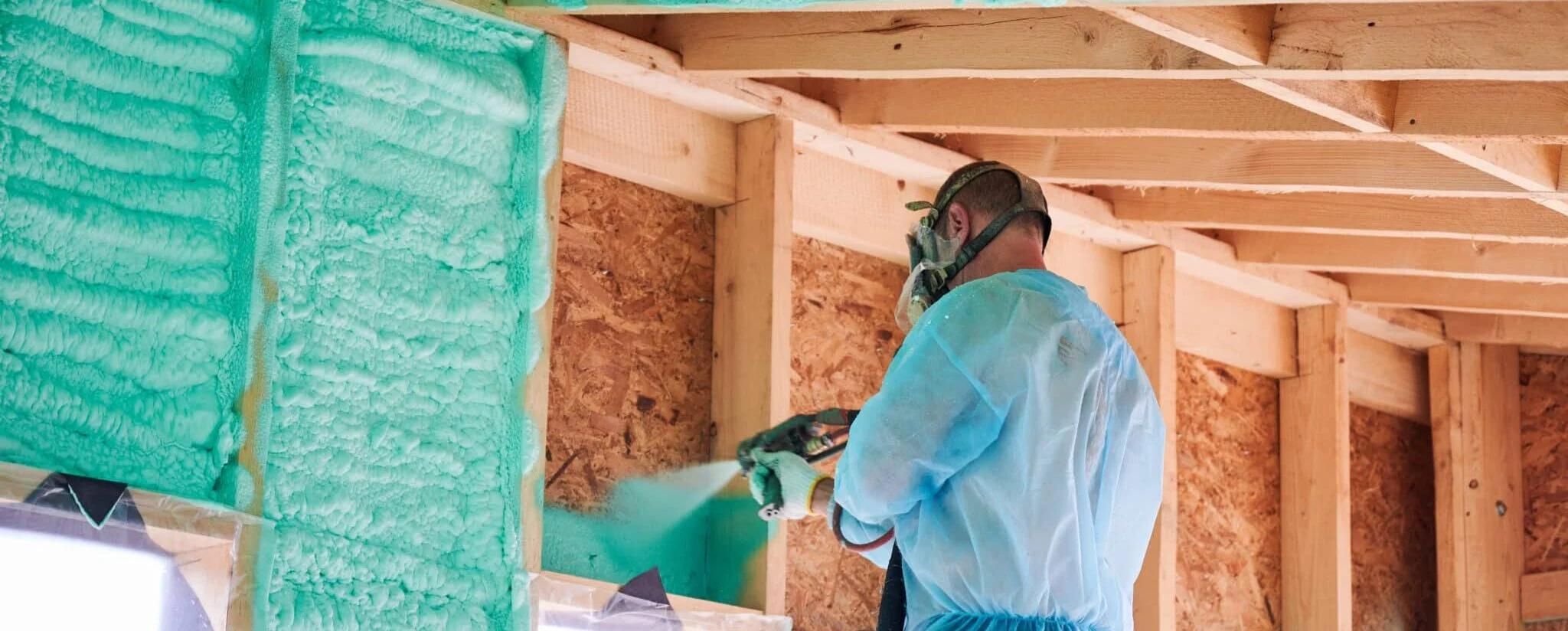
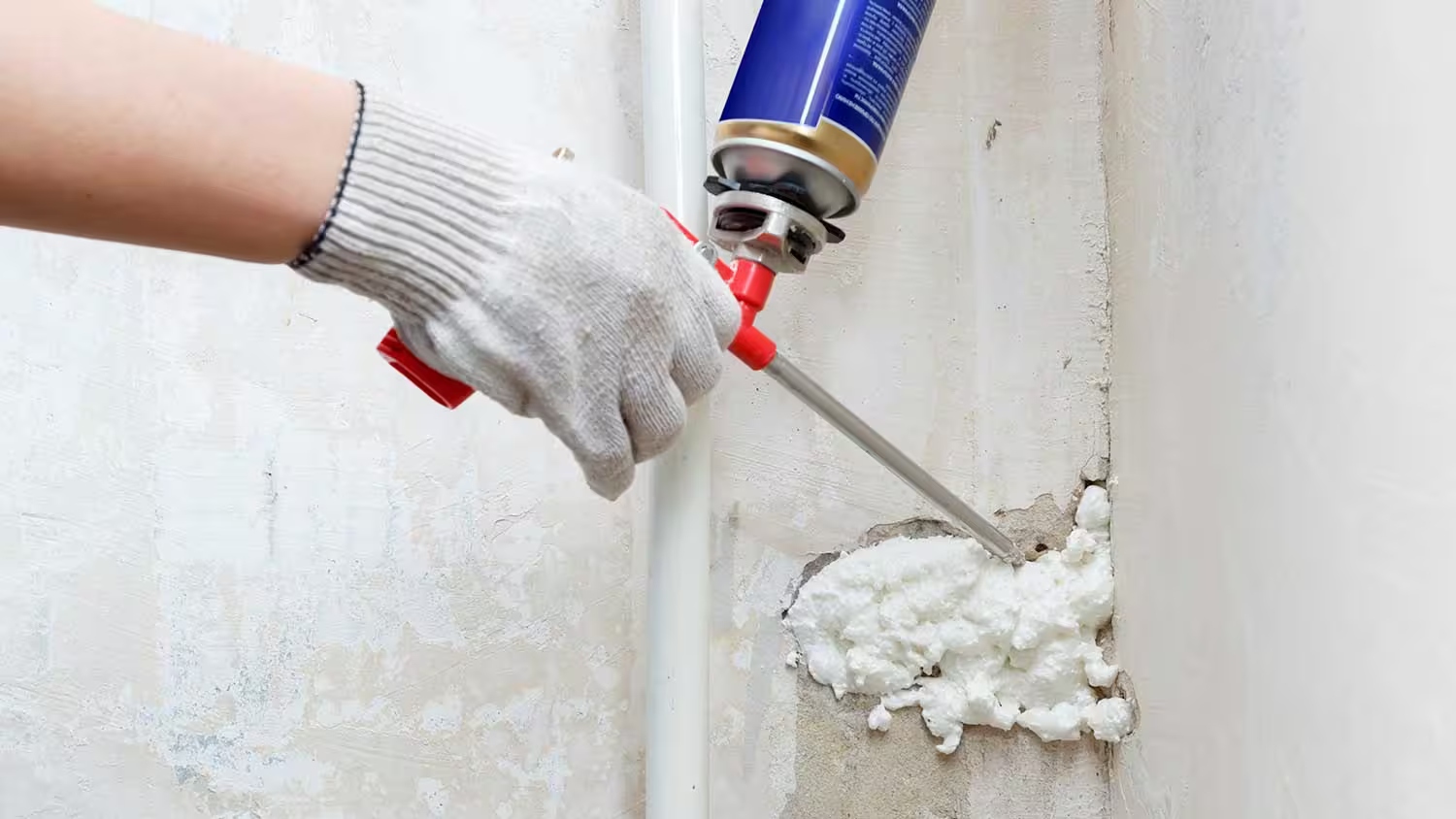
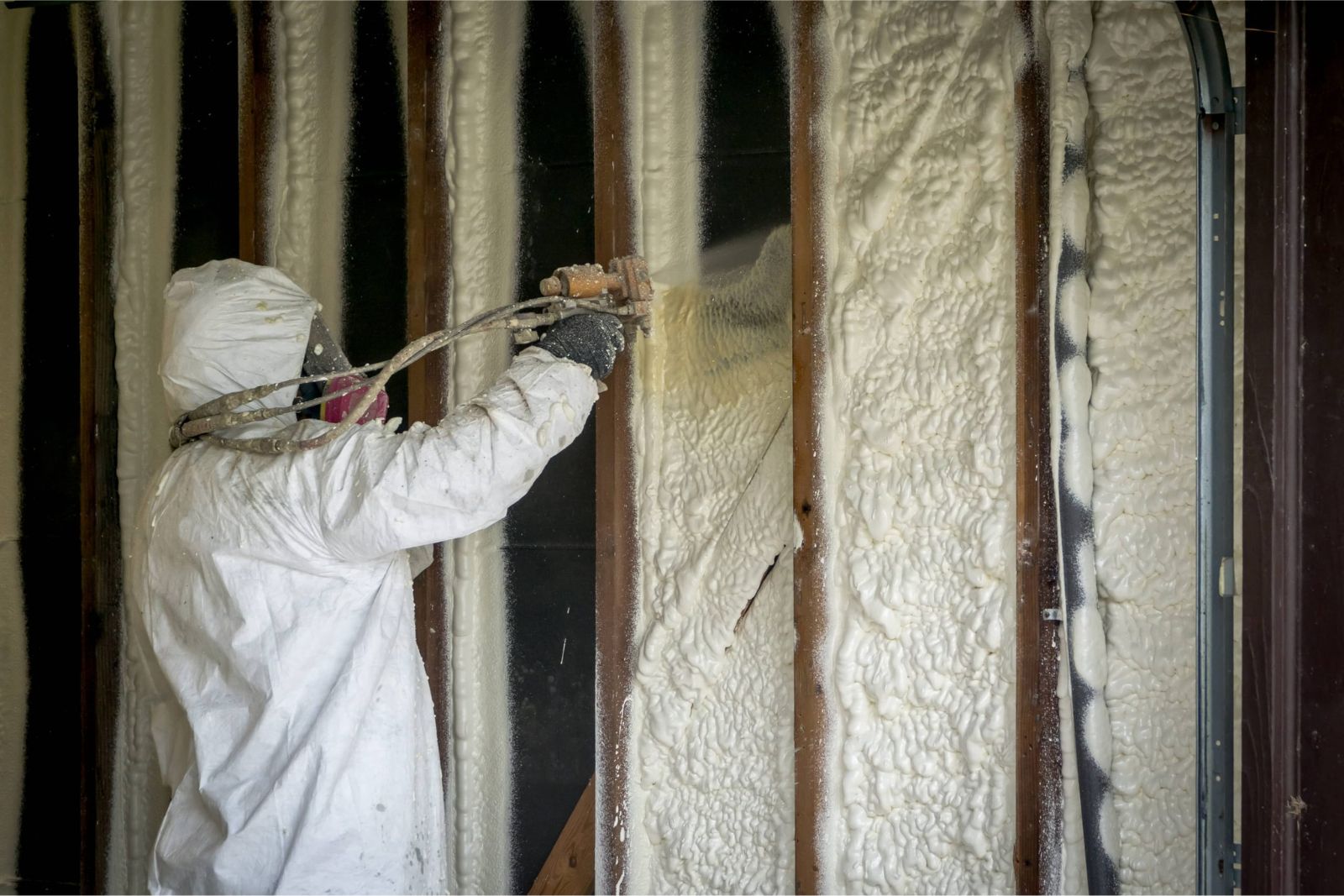
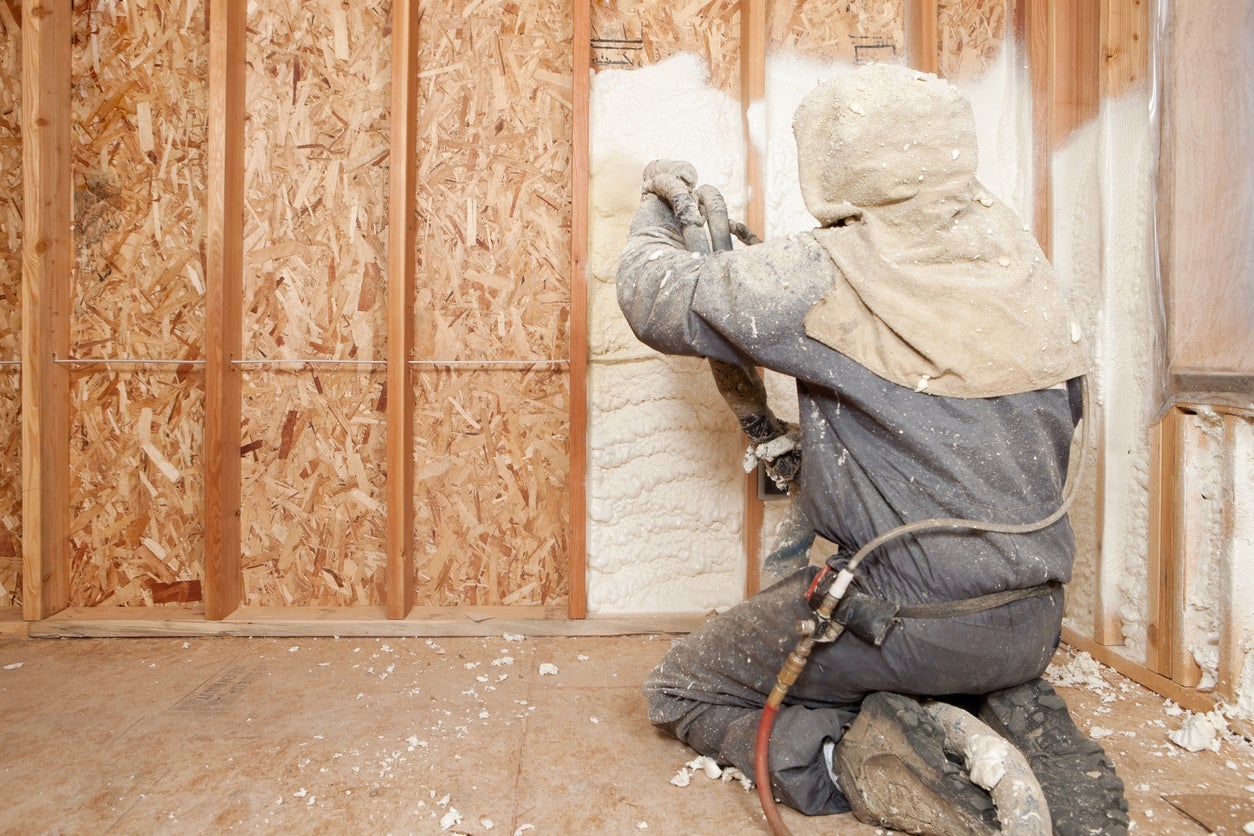
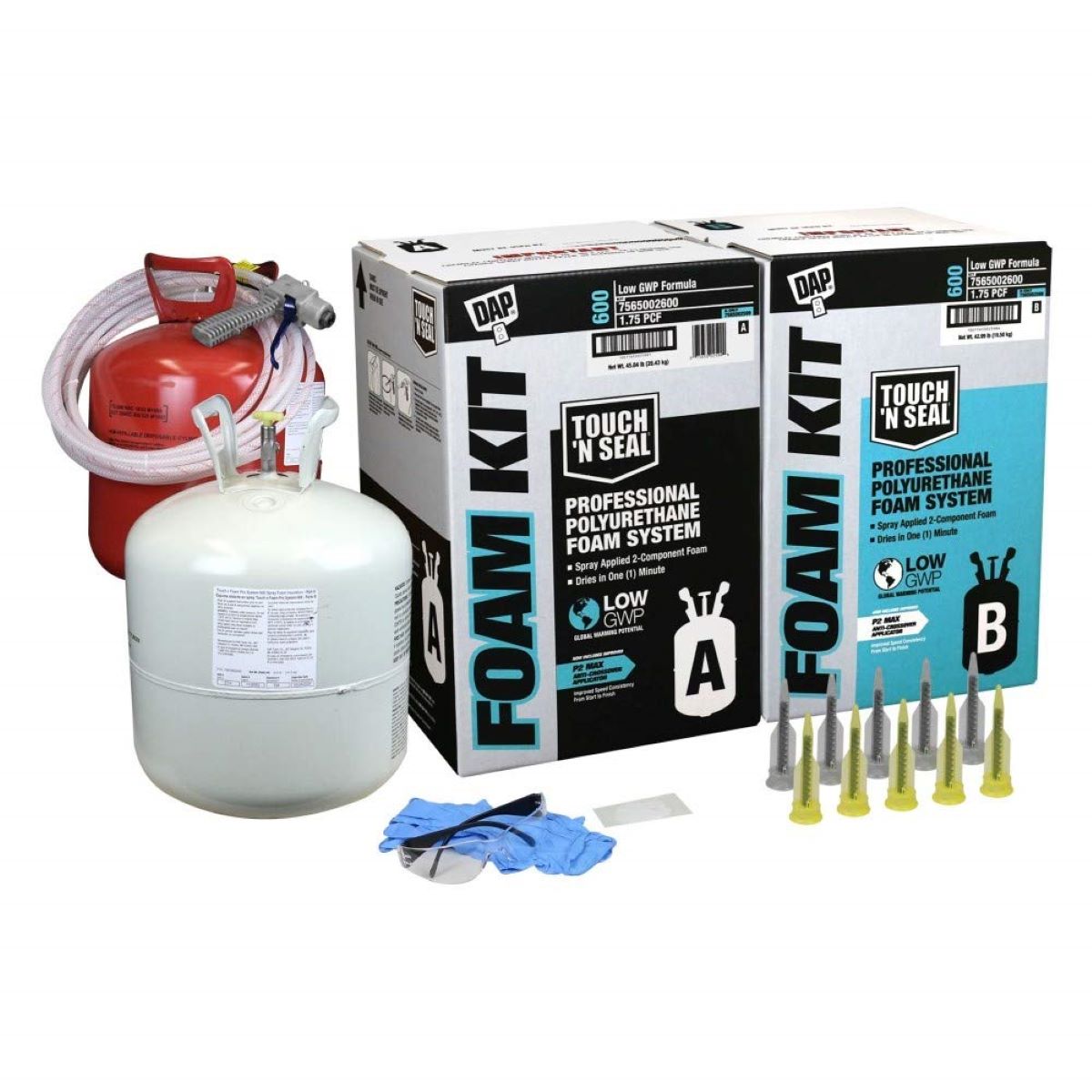
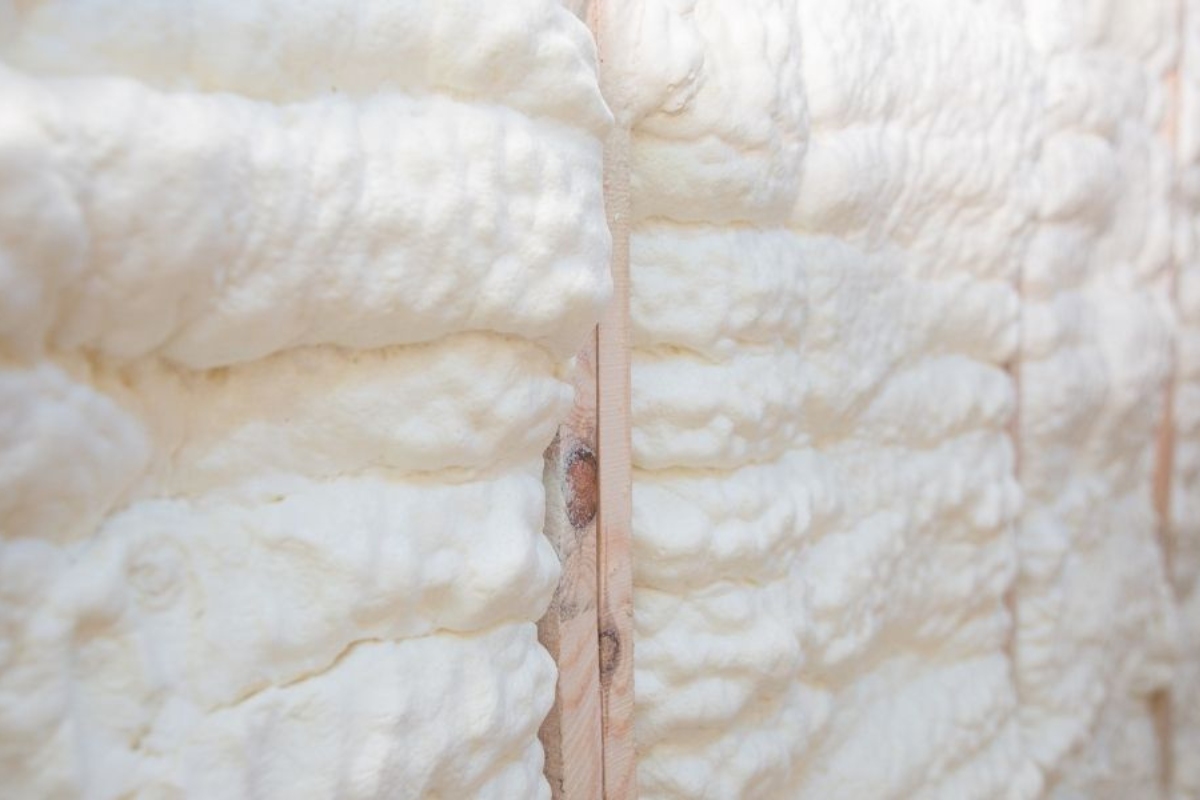
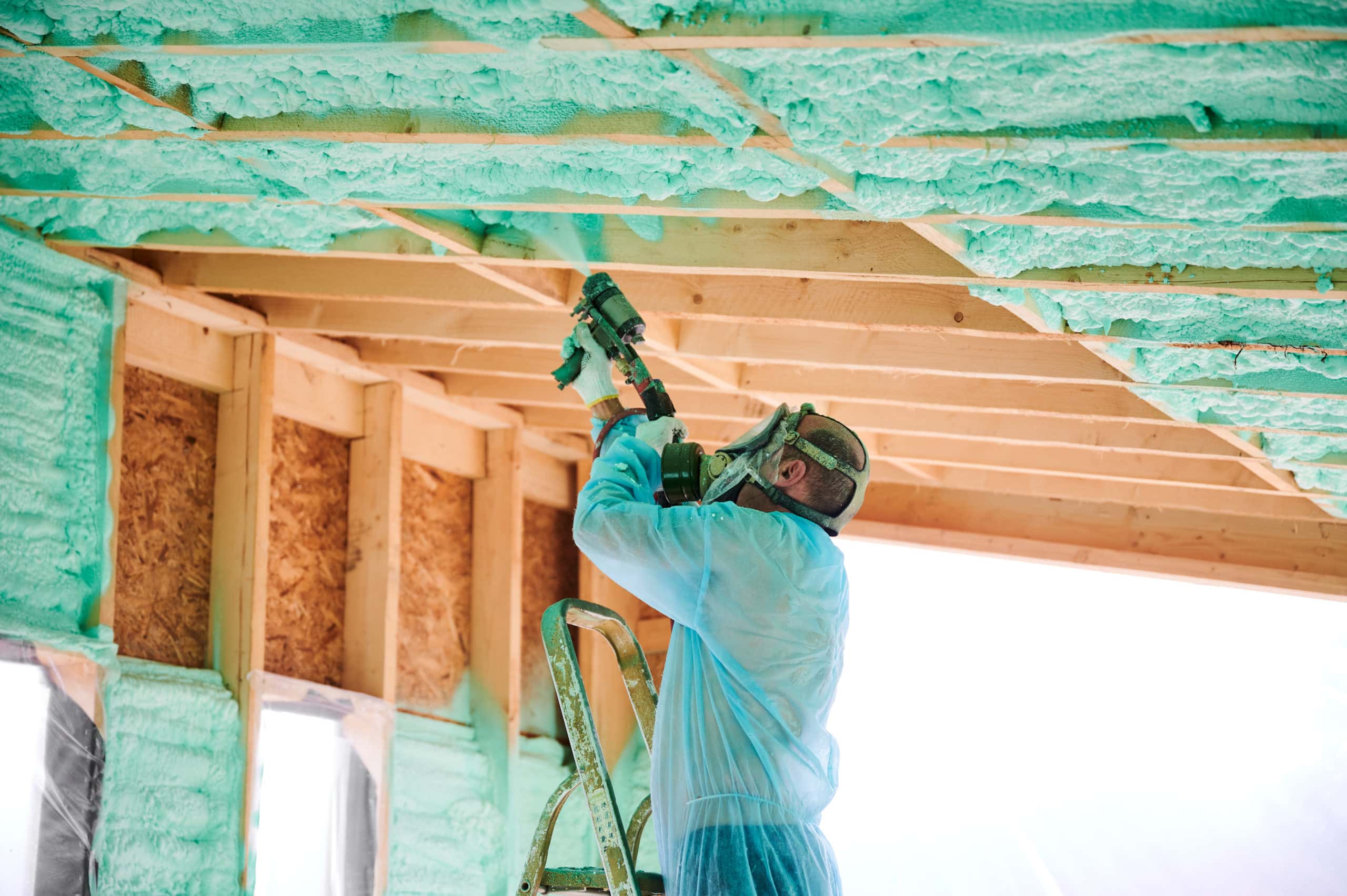
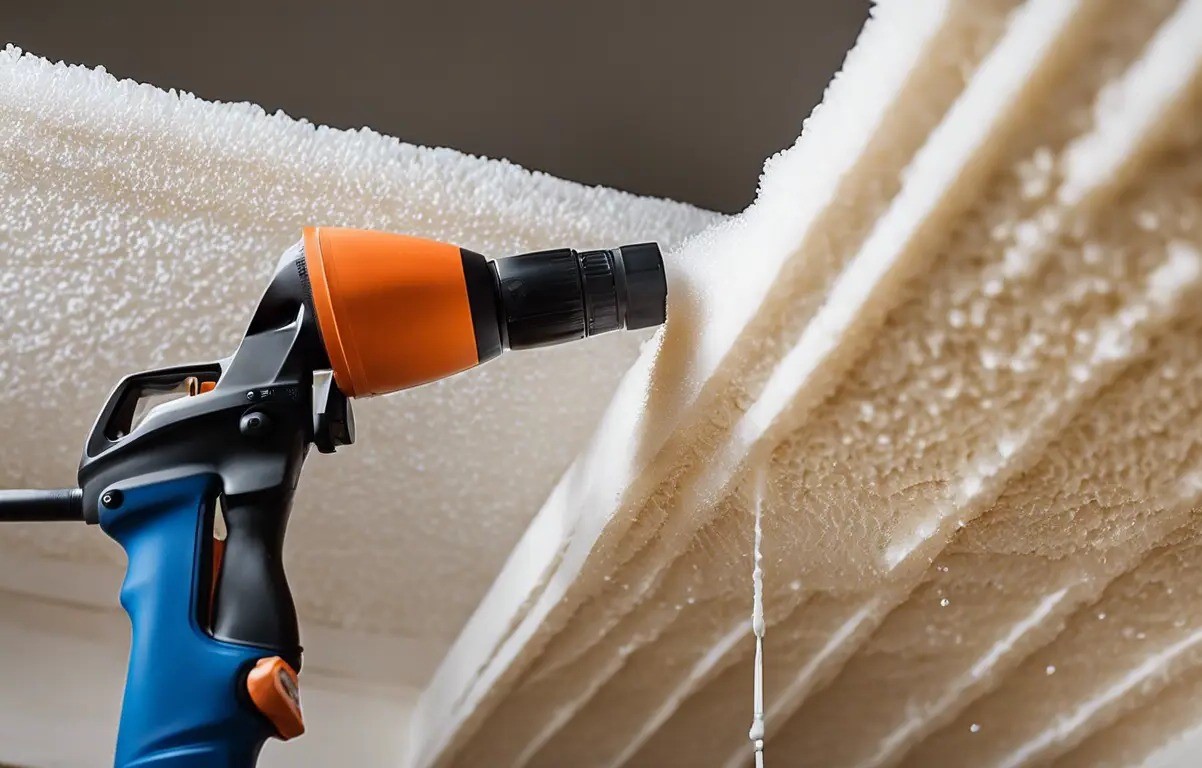
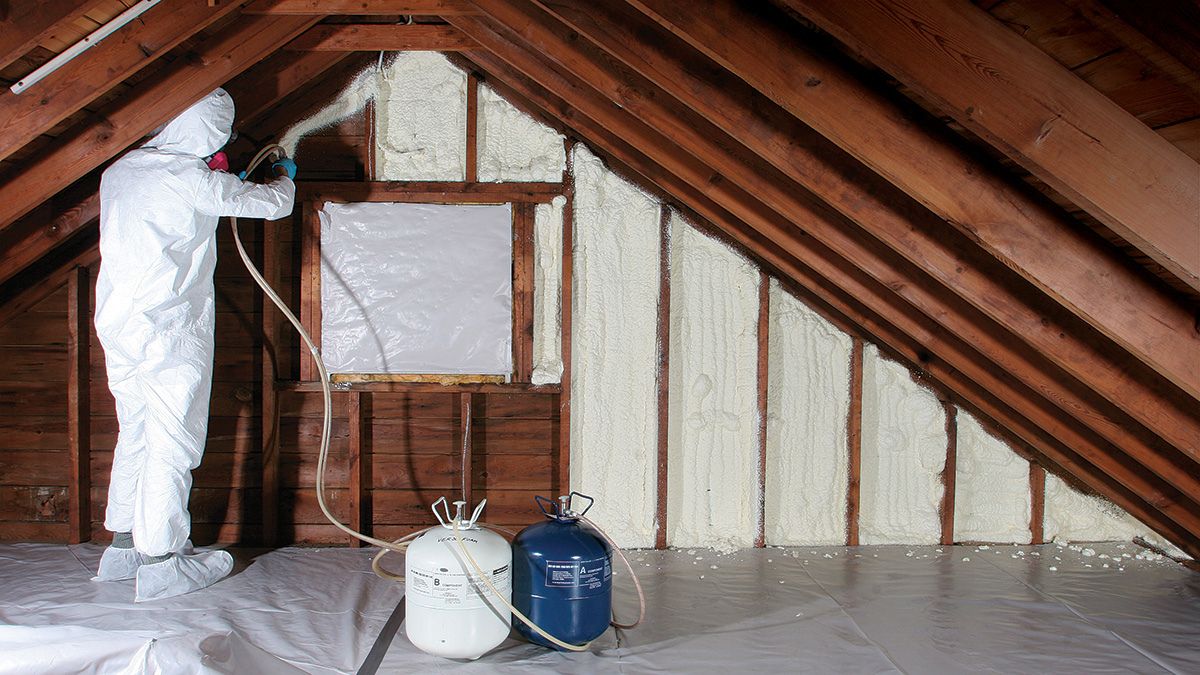
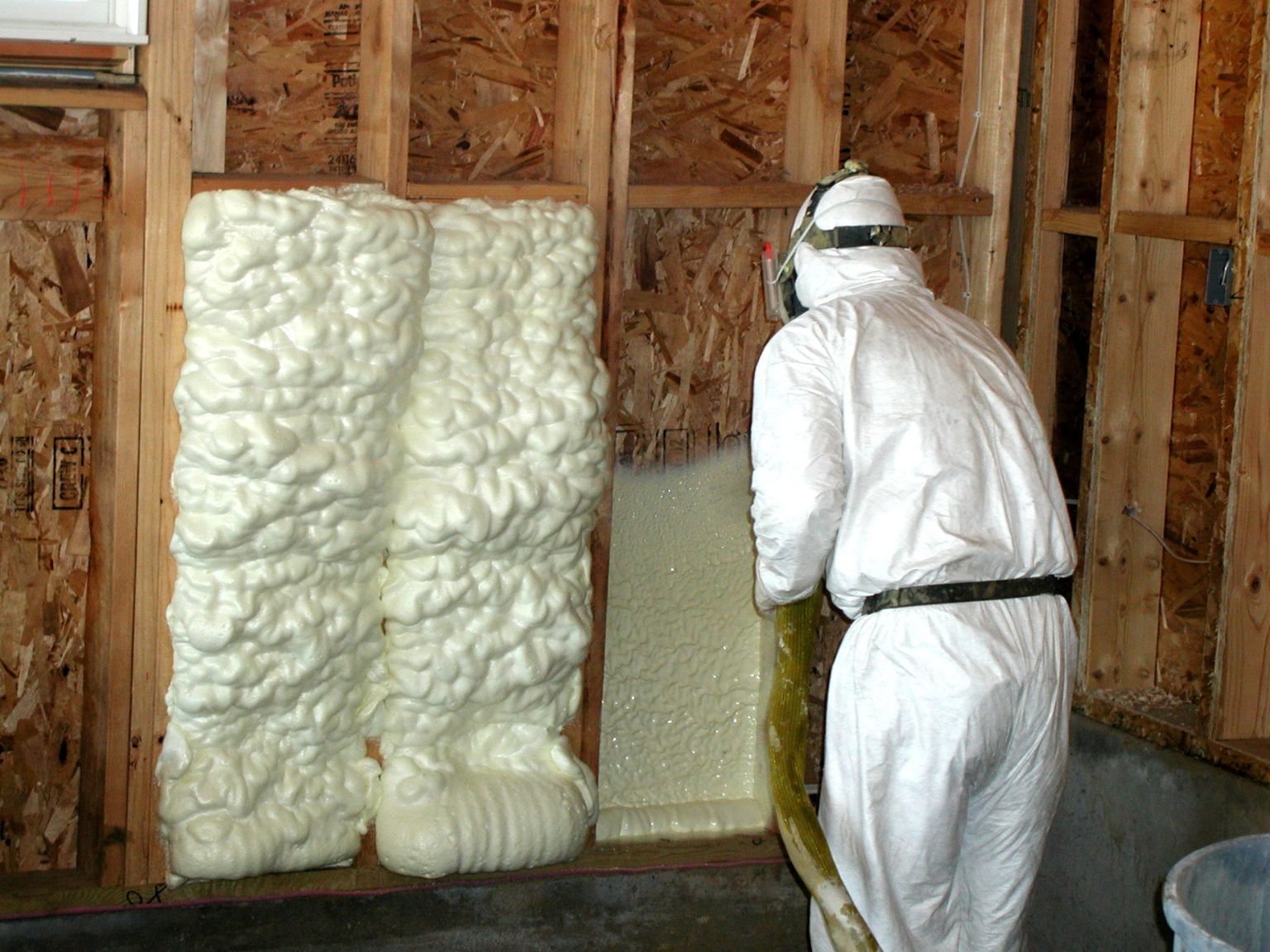
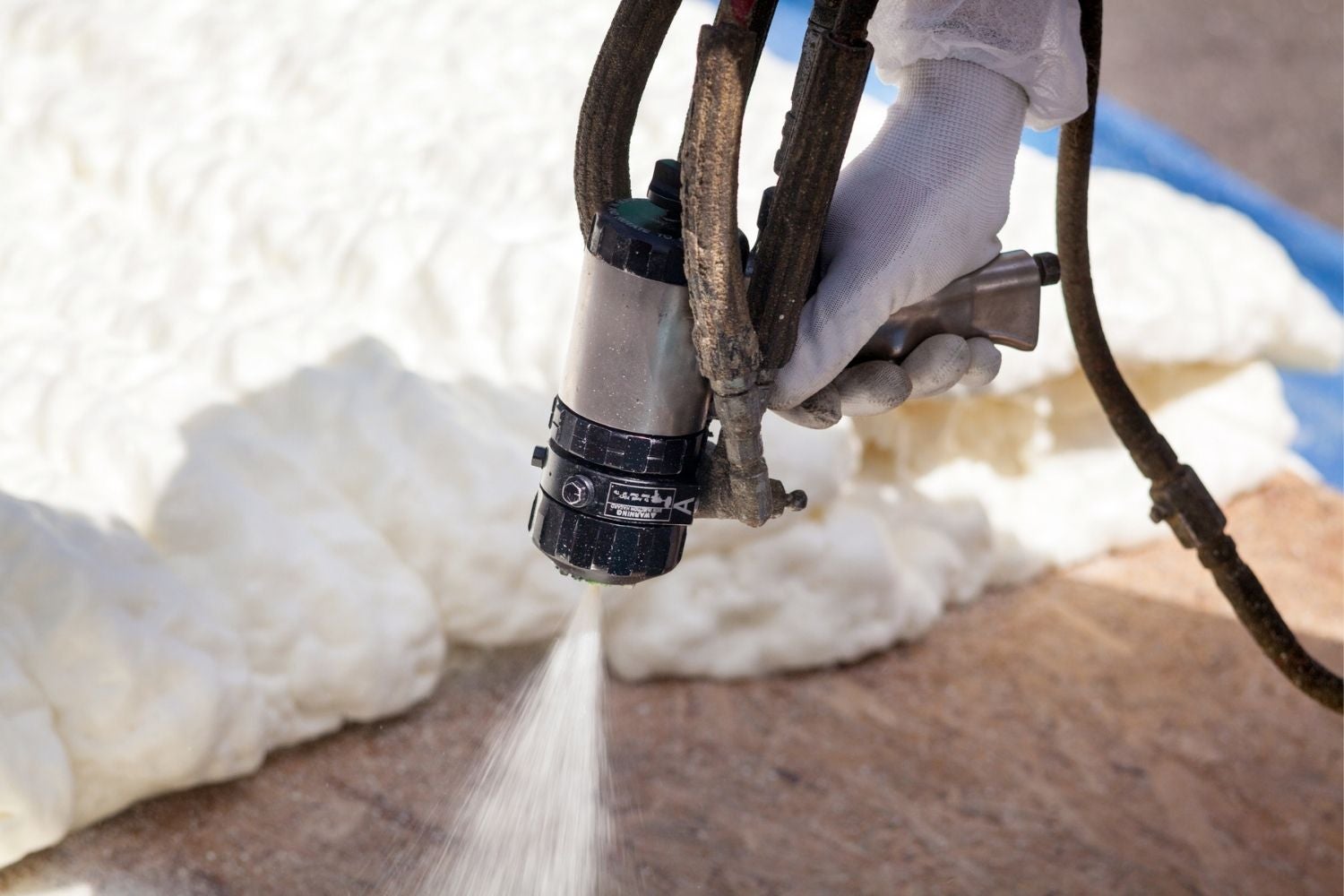
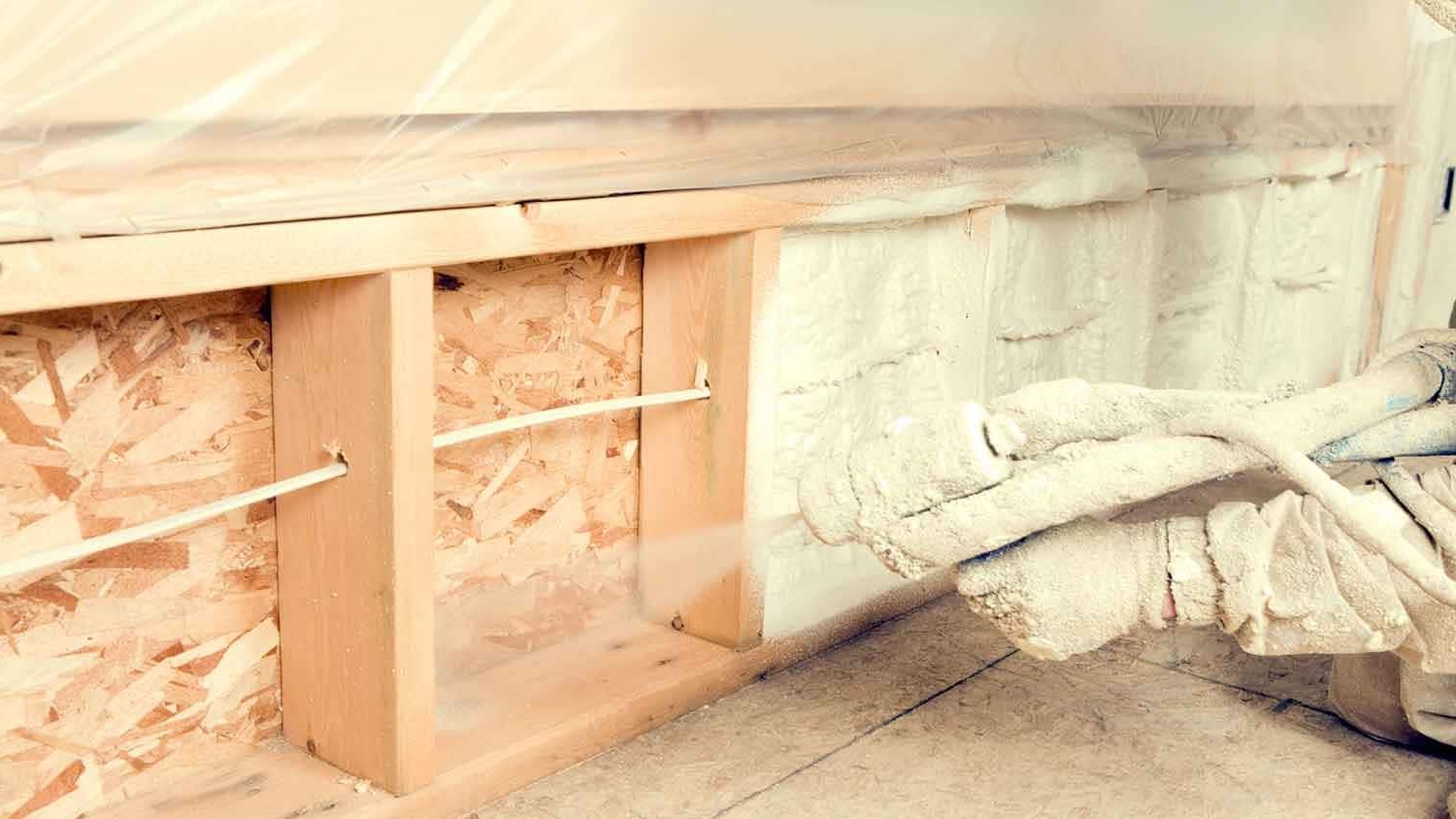
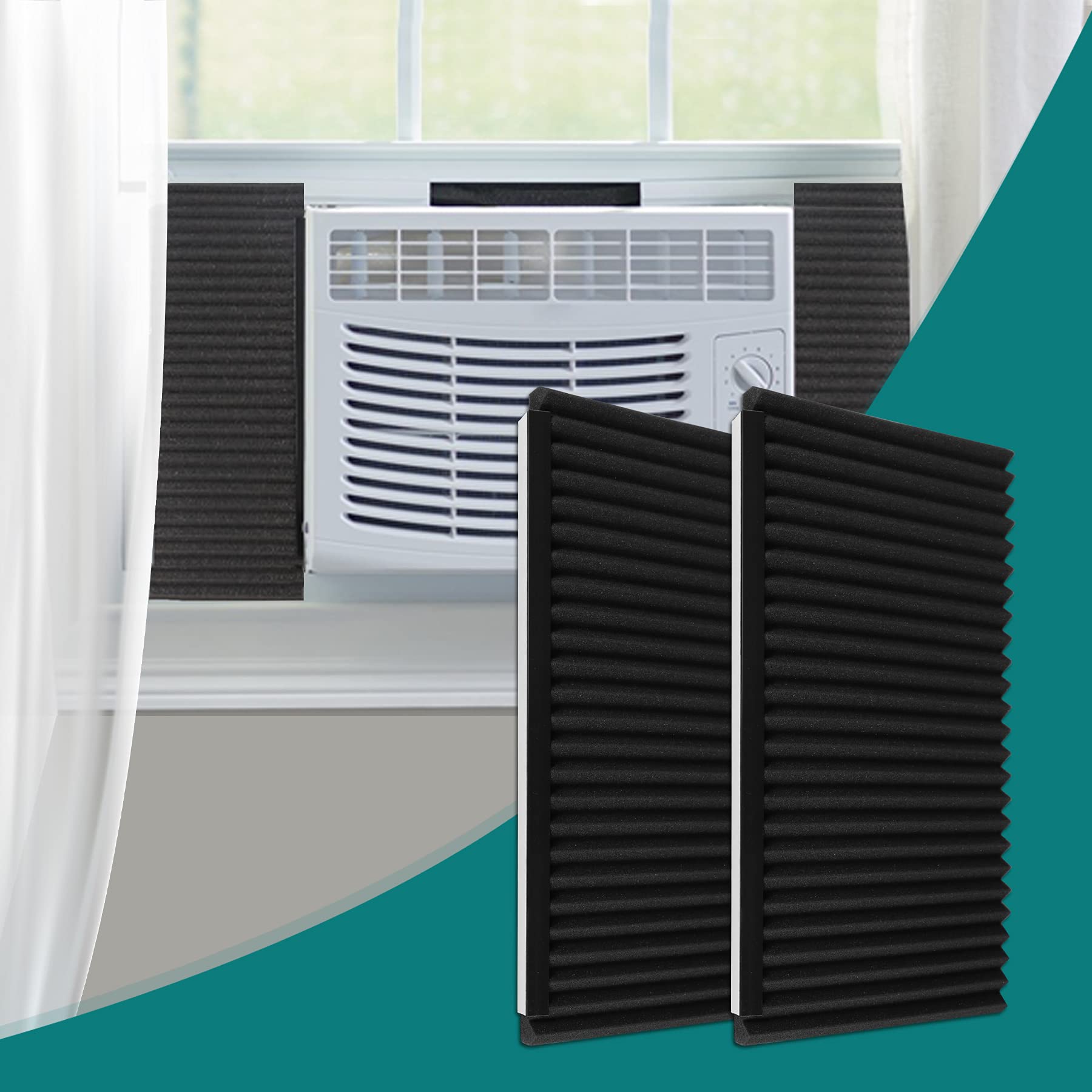

0 thoughts on “What Is The Best Spray Foam Insulation”